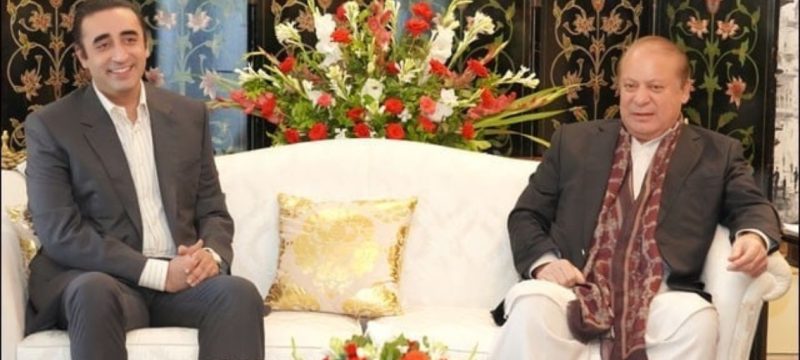In a significant political development, Pakistan Muslim League – Nawaz (PML-N) President Nawaz Sharif and Pakistan Peoples Party (PPP) Chairman Bilawal Bhutto Zardari have reached an agreement on key constitutional amendments during a meeting at the Punjab House. The discussion primarily focused on judicial reforms, and the leaders agreed to present these amendments in Parliament after further consultations with other political parties.
Also Read: PPP Will Not attend PM Shehbaz Sharif’s Dinner
The meeting was attended by senior members from both parties, including Maryam Aurangzeb, Rana Sanaullah, and Ahsan Iqbal from the PML-N, and Yousaf Raza Gillani, Raja Pervaiz Ashraf, and Khursheed Shah from the PPP. As part of the ongoing discussions, the timeline for presenting the amendments will be determined in consultation with additional political stakeholders.
One of the central proposals outlined in the working paper for the 26th Constitutional Amendment is the establishment of a parallel Federal Constitutional Court alongside the Supreme Court. This new court would have a Chief Justice serving a three-year term, with judges retiring at the age of 68. Additionally, the amendment seeks to transfer the authority to appoint the Chief Justice of the Supreme Court and the Chief Justice of the Constitutional Court to the Prime Minister, based on recommendations from an eight-member committee of the National Assembly.
Notable changes to Article 48 of the Constitution would prevent any court, tribunal, or authority from questioning the advice provided by the Prime Minister or Cabinet to the President. Furthermore, an amendment to Article 63 aims to disregard votes cast against party instructions, while Article 78 promotes the creation of the Federal Constitutional Court.
The proposed amendments have ignited considerable debate, with coalition partners expressing concerns about the lack of transparency in the drafting process. However, the government maintains that these reforms are essential for strengthening judicial independence and enhancing the rule of law in Pakistan. If enacted, the amendments could reshape the country’s legal landscape, impacting the appointment of judges and the conduct of parliamentary votes.









